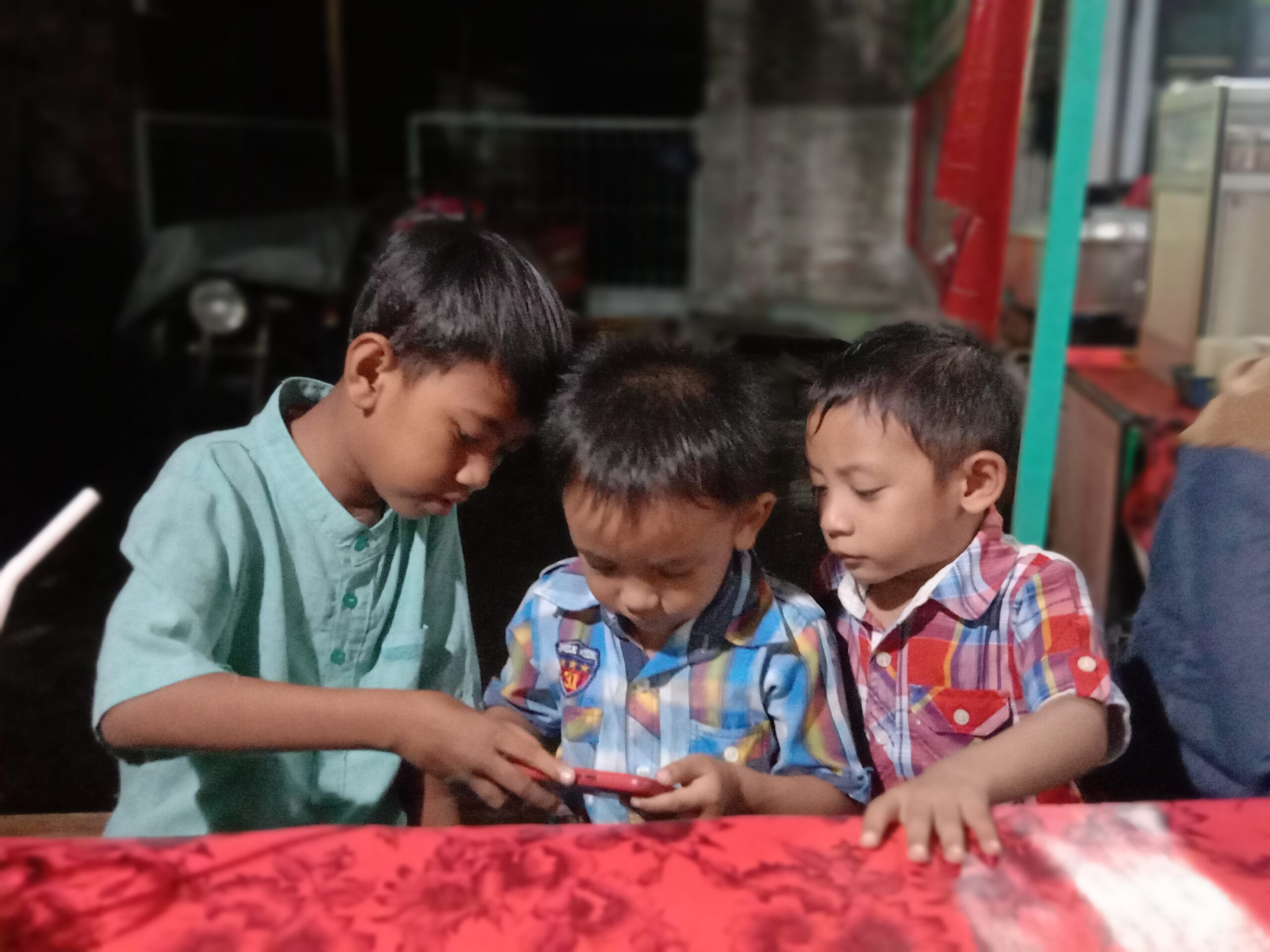STORY HIGHLIGHTS
As the 2020 SDG Action Zone began with a day devoted to ‘People,’ humanitarian activist and SDG advocate Edward Ndopu urged people to “step aside” and allow marginalized groups’ voices to be heard.
Author Nadira Hira suggested that now is a pivotal moment to create a permanent shift in perceptions about women in leadership positions.
Ellen Johnson Sirleaf, former President of Liberia, called for women to support each other and to claim leadership.
The UN’s high-level week has been accompanied by hundreds of vibrant side events, as usual, but this year they are taking place online. The 2020 SDG Action Zone is underway from 22-24 September, with a focus on three themes: People, Planet, and Partnerships. On 22 September 2020, the day devoted to ‘People,’ several sessions addressed societal inequalities and ensuring that transformative change helps everyone—including minorities and marginalized people.
In an opening plenary to launch the Decade of Action, Dia Mirza, UN Environment Programme (UNEP) Goodwill Ambassador, reasoned that climate action (SDG 13) will be the one Goal to either prevent or unlock achieving all 17 SDGs. Noting the COVID-19 pandemic’s global impact, she expressed the hope that it will catalyze a change in attitude and reduction of consumerism.
Writer and director Richard Curtis encouraged people to ensure their money is invested according to the SDGs. Humanitarian activist and SDG advocate Edward Ndopu urged people to “step aside” and allow marginalized groups’ voices to be heard.
Youth need skilling pathways to participate in the economy, so that Generation COVID is not left behind.
In a session on ‘Protecting Jobs: Decent Work Solutions for a Just Transition,’ young people posed questions to labor and trade organization leaders about making a just transition for decent work and jobs in a world struck by COVID-19. Members of the UN Secretary-General’s Youth Advisory Group on Climate Change – Archana Soreng and Vladislav Kaim – pointed to ways to challenge the current economic paradigm, asking the International Labour Organization (ILO) to envision policies to broaden youth participation. Kaim called for establishing “skilling” pathways as broadly as possible, so that “Generation COVID is not left behind.” Youth representative Paloma Costa called for making space in the formal sector for the millions of young people who are currently working in the informal sector, which has been especially hard hit by COVID-19.
Guy Ryder, ILO Director-General, said the pandemic has exposed all the inadequacies of current social protection arrangements, with half the world’s population having no social protection in the work place. He highlighted areas for reform, including implementing cash transfer programmes that are flexible and scalable, and complementing income support with labor policies to retrain people and health benefit packages.
In a session titled, ‘New Pathways: Under the Influence – Online Solutions to Real World Violence,’ Youtuber and activist Amber Whittington stressed the need to create safe platforms. South African actor and television host Amanda du-Pont observed an increase in online violence during the pandemic. Cecilia Suárez, UN Global Advocate for Spotlight Initiative, underscored the need to improve education that prepares children to protect themselves from online pornography.
Karuna Nain, Facebook, described the company’s approach to addressing violence against women and girls. This includes: defining content-sharing policies based on discussions with women’s organizations worldwide; creating “product experiences” that include proactive content management and also allow for people to report abuse; and developing resources, such as directories of national helplines or WhatsApp-based helplines.
Siya Kolisi, UN Global Advocate for Spotlight Initiative and Captain of the South African National Rugby Team, said police should be better equipped to receive reports on gender-based violence, noting this requires both more women working at police stations and dedicated training.
A session on ‘The Future of Leadership: When Women Lead’ highlighted examples of how data, evidence, and concrete examples of leadership can be used to reduce harmful stereotypes and accelerate progress towards gender equality. Michelle Harrison, Kantar Group, said the Reykjavik Index for Leadership, has found that less than half of Group of Seven (G-7) countries’ populations are comfortable with a woman as a country or major business leader.
Oby Ezekwesili, Africa Economic Development Policy Initiative, called for investment in voter demographic data to empower female politicians to be more strategic about their electoral strategies. Gabriela Cuevas Barron, Inter-Parliamentary Union, lamented that in her country, Mexico, only 25% of seats are still held by women, calling for allowing women and men to compete in equal circumstances.
Atsushi Sunami, The Sasakawa Peace Foundation, said the pandemic provides an opportunity to find a “new normal” in sharing household work, especially in Asia where men typically work long hours at the office.
The Earth Negotiations Bulletin reported that the SDG Action Zone’s ‘People’ day closed with a passionate call for “parity” in order to create a healthy global society. Author Nadira Hira suggested that now is a pivotal moment to create a permanent shift in perceptions about women in leadership positions.
Emma Theofelus, Namibia’s Deputy Minister for Information and Communication Technology, asked why societies trust women with raising children but not with leadership. She called for using examples of women who have “led well” to build this trust, and urged women to have confidence in themselves.
Ellen Johnson Sirleaf, former President of Liberia and Ellen Johnson Sirleaf’s Presidential Center for Women and Development, identified stereotypes of women as caregivers, teachers and nurses, and emphasized that these need to be challenged continuously despite recent advances. She also called for continued emphasis on parity for girls in education, and for women to support each other and to claim leadership.
For the way forward, Sirleaf drew attention to the 25th anniversary of the Fourth World Conference on Women (Beijing+25), suggesting the process could lead to concrete actions to empower women. Theofelus called on individuals to recognize and unlearn their biases and negative sentiments held against women that hinder women’s progress, and urged supporting young women in particular. [Earth Negotiations Bulletin coverage of side events] [SDG Action Zone website]
RELATED EVENTS
- SDG Action Zone
- http://sdg.iisd.org/news/unga-side-events-seek-to-ensure-transformative-change-helps-everyone/?utm_medium=email&utm_campaign=SDG%20Update%20-%2025%20September%202020&utm_content=SDG%20Update%20-%2025%20September%202020+CID_de8866af1fb47895856f0e545eef3422&utm_source=cm&utm_term=Read

